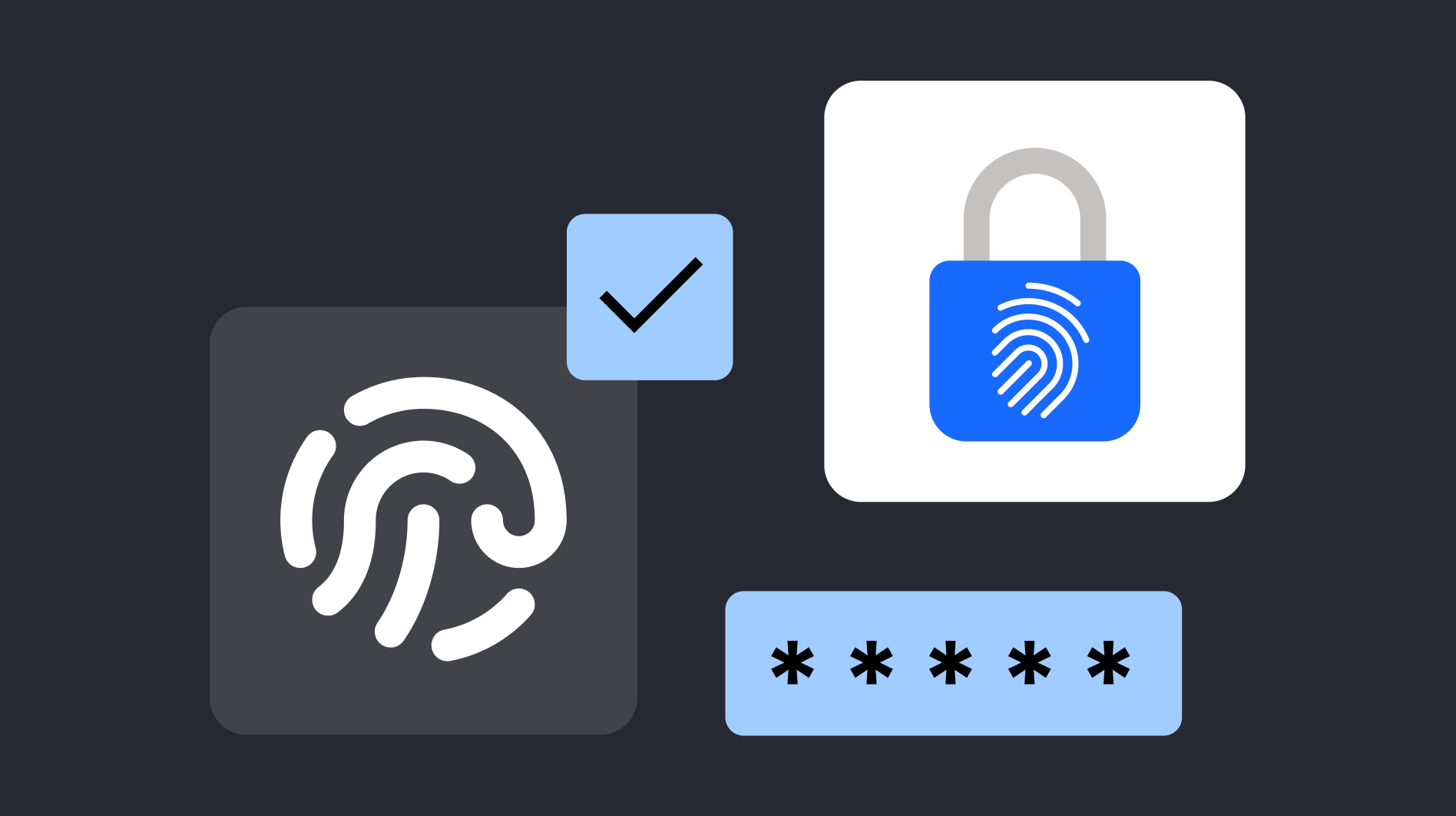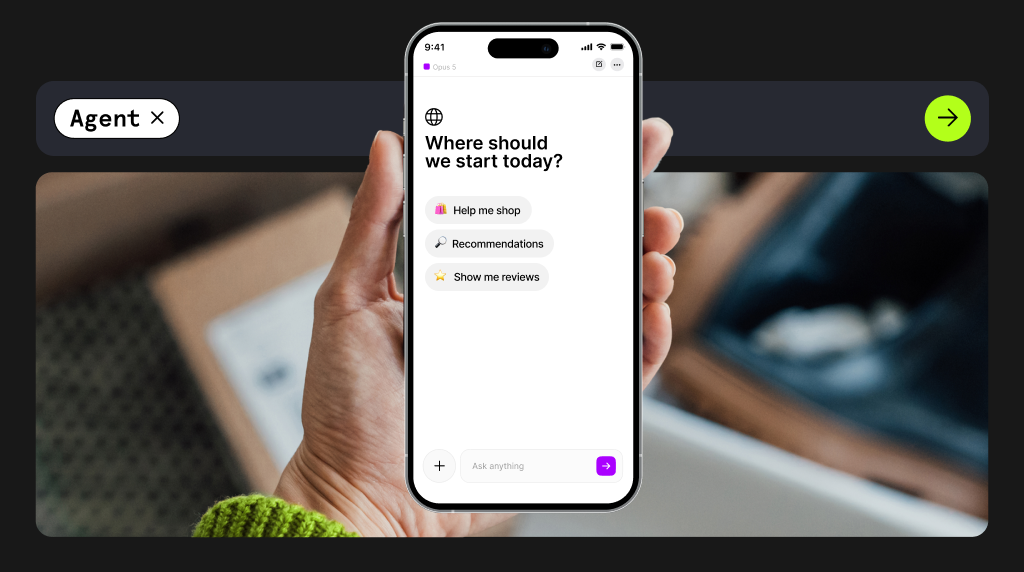When Carmen Honacker describes her path to payments as "just like everyone else’s story," she is being modest. There is the size of her role, for starters. She leads a team of 60 people dedicated to combating payments fraud. But it's her reasons for doing so that really stand out.
We spoke to Carmen back in September to find more about her journey in payments.
Righting wrongs
Carmen describes herself as "very purpose-driven" and trying to create a better world through her work. And these drivers played a significant role in her career path, which began in her native Germany, where Carmen worked as an administrator in the criminal court. However, rather than follow a traditional judicial career, Carmen moved to California to work in the burgeoning technology industry, policing illegal online content as a moderator on a platform that was acquired by Yahoo!.
She admits that it wasn't a "glamorous role". But it was necessary. "It's a role that nobody wanted," she says. "But I looked at it from a different perspective. I knew content was hiding on the platform that you just don't want to expose to the world. And I was determined to stop it ever surfacing."

Then suddenly, in 2006, Carmen went from policing illegal content to policing payment fraud. "Yahoo! had just been hit with a massive fraud," she explains. "My boss came to me and said that I'm leading the new fraud team established to make sure it didn't happen again. The only problem was that I didn't know a thing about fraud."
Within nine months, Carmen went from a fraud novice to a global leader, having built out a fraud department in the US, India, and the UK. She also implemented a new fraud management platform and all the processes that go with it. But, most importantly, Carmen had found her true calling in life.
"I've always needed to set a wrong to a right. It’s really important to me that I’m making a difference in the world. And once I saw what payment fraud actually does — including financing activities like terrorism, drug trafficking and human trafficking — I knew that fighting against it is what I wanted to do.”
Between leaving Yahoo! and joining Booking.com in March 2021, Carmen has helped a diverse set of businesses fight fraud. These range from some of the biggest brands on the planet, including Intuit, eBay and PlayStation. To roles with niche companies like Outlook Amusements — a nationwide psychic hotline.
When asked why she's taken roles with such different companies, her answer is straightforward. "It's not about the brand," she examples. "It's about the problem that needs solving. That, and the culture of the company. Those are what really matter to me."
Extending the reach of what’s possible
Carmen has seen dramatic changes in two decades of working in payments and fraud — including a much closer alignment between the two roles. On the one hand, fraudsters' methods to attack individuals and businesses have become infinitely more sophisticated. But, on the other, so have the tools businesses have at their disposal to stop fraudsters in their tracks.
Carmen cites biometric authentication, machine learning, and deep data that allow for sophisticated behavioral analysis as just a few of the significant developments. But these are not just new tools, they're the catalyst for a revolution in how businesses police fraud.
"Traditionally, fraud management was based around the presumption of guilt," explains Carmen. "The tools we used were all about pattern recognition and flagging anomalies in behavior. For example, red flags would be raised if a customer who usually pays $200 for a hotel suddenly decides to spend $1000 on a hotel. This approach allowed us to stop fraud. But it also stopped lots of legitimate transactions. And that point of friction might make that person reconsider and revert to their standard $200 hotel room."
With these new tools, we can apply much more sophisticated strategies and switch our approach to focus on the presumption of good, Carmen adds. This fundamentally changes the mindset of a fraud team. "We’re still trying to prevent fraud from happening," she says. "But we’re doing that through the lens of enabling payments and commerce. And thus, we're focused on creating the best and most secure experience for our customers."
Carmen is also convinced that fraud practitioners can, and should, go further than fulfilling their traditional remit. "We have a unique set of skills that can support other areas of the business. For example, I collaborate with teams to ensure that we're putting measures to keep people safe in the properties they are staying in."
The more voices, the better
Collaboration is key to extending the reach of what fraud prevention can achieve. But Carmen is clear that collaboration cannot be confined to within a company.
"Collaboration is a superpower," she says. "And when I think about collaboration, I include my competition. For example, when I was at PlayStation, I founded a roundtable with all the gaming companies. We also brought in Apple, Google, the card schemes and even the Secret Service. That allowed us to extend the conversation beyond how we can prevent fraud to subjects like regulation."
One policy area that has benefitted from this wider collaboration is chargebacks for friendly fraud. Carmen explains that it is virtually impossible to prove that someone is lying. So merchants get unfairly penalized for something they have little control over. "I felt that if we collectively approached the card schemes and explained the situation from the merchant’s perspective, we could create a much fairer policy."
Carmen says that the industry is naturally collaborative once given the means. "I’ve never gotten a ‘no’ to a request to join a roundtable or conversation. There's a healthy understanding that problems are better tackled as a whole."
Tackling regulation
That larger, louder cross-industry voice helps when it comes to dealing with regulators. Carmen explains that changing regulations are one of the biggest headaches of her job. This is because "they often carry with them unintended consequences that make life harder rather than easier."
One recent example is the right to be forgotten. While the regulation may have good intentions, it can also create new opportunities for bad actors to go about their business anonymously. "Regulators want people to be able to remove all of their histories," says Carmen. "But I don't think they've really thought through what that means to a fraud department or how it benefits fraud rings and crime rings.”
Carmen is keen that regulators engage with the industry more and earlier. "There is an excellent case to be made for more collaborative efforts, where merchants and card schemes can say to regulators: ‘No, I don't think this is a good way of rolling this out'. And it's exciting to see organizations like the MRC help the industry find its voice."
People before metrics
For all the importance of effective regulation, Carmen returns to the theme of people when discussing the future of the profession. Creating careers that attract young people is essential but needs to be backed up by a culture that enables and empowers them too.
"I always want to build a team that is not simply motivated, but inspired. I can motivate someone easily by setting targets and telling them what will happen if they don’t meet them. But when you create an environment where people are driven by purpose and not metrics, you get a very different outcome. So its people first, always."
Carmen explains this is not an excuse for substituting salaries and titles for passion. Quite the opposite. "Better titles and more money often come because people are more productive and effective when they are working on something that inspires them."
And she thinks that this is something that's often missed when experienced professionals talk to young people. For instance, she recalls an event she spoke at intending to inspire more girls to pursue careers in technology. "The other panelists were talking about the importance of work experience and coding. I got on stage and said that it’s completely irrelevant whether you can code or not. What matters is that you find your voice."
After the event, Carmen spent two more hours fielding questions from lots of girls who attended the session. "I think they suddenly realized that a career in technology was more open to them than they had thought." She has since gone on to mentor a number of them.
One piece of advice she always offers is to ask questions, which is easier to do when you genuinely care about the impact your job can have, she says. "When you're purpose-driven, you’re not operating under the fear of what you don’t know. You want to reach out and learn as much as you can."



.jpg)

.png)






_How%20and%20why%20to%20launch%20a%20card%20program%20(1).png)



_Introducing%20Issuing.png)